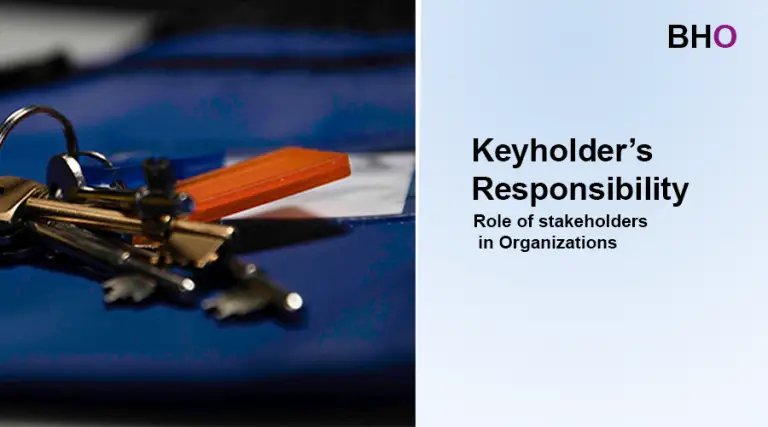eNaira: what you need to know
In a declaration released on October 23, Osita Nwasinobi, the director of communications for the Central Bank of Nigeria (CBN), said that the President finally unveiled the Nigerian Central bank digital currency known as the E-naira,
This new development “represents a giant step forward in the advancement of money, Hence, CBN is responsible for ensuring that the eNaira, like the physical Naira, is widely available too. The premise of the eNaira is “Same Naira, More Possibilities.

Amidst the Central Bank of Nigeria non-approval of cryptocurrency trading in the country, it opts for a digital currency of its own, called E-Naira. The E-naira is a digital currency that holds a unique form of money denominated in Naira. In brief, it is a digital evocative of the Naira issued by the monetary authority.
By design, the E-Naira is to be issued by the monetary authority to the commercial banks, from which banks retail it to the end-users. These users, however, come in different tiers.
There are users categorized in tier 0 that requires no bank account, but their daily transaction with e-naira is limited to NGN 20,000. The tier 1 category still accommodates users with no bank account but with NIN verification.
The daily transaction limit in this category is NGN50000. Another tier allows for a transaction limit of up to N200000 daily. However, this tier 2 category can only be operated by a bank account holder with BVN and means of identification.

The highest ranking in the category is tier 3 that permits transactions with e-naira up to N500000 nairas daily. This, however, requires the condition of tier 2 to be fulfilled plus public utility receipts. The e-naira can be accessed from any commercial and stored in personal e-naira wallets. The followings are answers to some important questions about E-naira.
Table of Contents
Is E-naira a crypto-currency?
E-naira doesn’t exactly fit into the cryptocurrency criteria. It bears no interest to holders and is merely a digital representation of the Naira. Unlike most cryptocurrencies, the E-naira is controlled by the CBN, and it is expected to be less volatile compared to most cryptocurrencies.
Is E-naira a stable coin?
Stable coins are customarily backed by reserves holding corresponding of a FIAT or paper money. Like the USDT linked to the US dollar, the E-naira is technically connected to the Naira. E-naira’s stability will depend on the strength of Naira or its linkage to other stable currencies like dollars, pounds, etc.
Why E-naira?
- To allow for a unified payment system.
- To facilitate peer-to-peer payment.
- The citizens can independently manage their bank account.
- Low cost and efficiency of financial transactions.
What are the economic benefits of E-naira?
- It has the potential to make cross border transactions more efficient and will propagate wide usage and acceptance of the Naira.
- It has the potential to facilitate more efficient and effective transactions at a reduced cost.
- It has the potential to minimize money laundry and corruption, as transactions can be easily traced from whom and to whom.
- It has the potential to foster financial inclusion which provides the opportunity for the unbanked to be integrated into the formal financial system.
- It would serve as a store of value.
- It will minimize the printing and distribution cost of Naira.
- It will encourage the use of remittances Inflow.
- It has the Potential to improve monetary policy effectiveness.
Concerns?
- Fear of excessive control by the monetary authority, particularly with limitations on transactions of certain tiers.
- Non- security of data information of end-users, since subscription requires certain private information of the citizens.
- Access to these data could pose serious harm to the citizens.
Does it replace the physical Naira?
No. E-naira is meant to play a complementary role to the physical Naira







